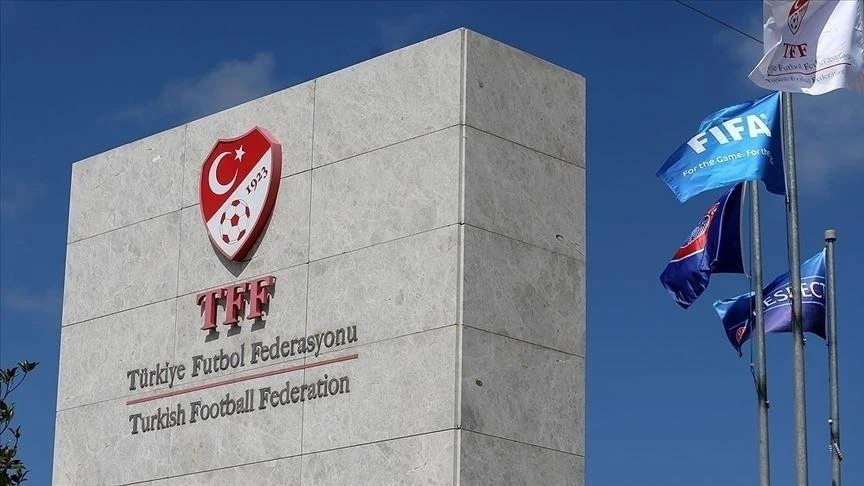Nomadic Turkish community in North Macedonia preserves culture for 6 centuries
 The Yoruks, who were settled in Skopje and its surroundings in North Macedonia after the Ottoman Empire's conquest of the Balkans, remain noteworthy for their traditional lifestyles reminiscent of Anatolia, despite the many migrations and wars they have experienced. (AA Photo)
The Yoruks, who were settled in Skopje and its surroundings in North Macedonia after the Ottoman Empire's conquest of the Balkans, remain noteworthy for their traditional lifestyles reminiscent of Anatolia, despite the many migrations and wars they have experienced. (AA Photo)
The Yoruks, a nomadic Turkish community that settled in North Macedonia during the Ottoman Empire’s conquest of the Balkans, have preserved their cultural heritage for over 600 years.
Despite facing migrations, conflicts, and the passage of time, their traditional way of life, rooted in Anatolian customs, continues to flourish in the region around Skopje.
This enduring resilience highlights the community’s commitment to maintaining its identity and traditions amid a changing landscape.
The Yoruks have resisted pressures to abandon their land, successfully preserving their language and cultural practices.
They continue to speak Turkish and uphold traditions passed down through generations, demonstrating a firm commitment to their heritage.
This resilience highlights their determination to maintain their identity in the face of external challenges.
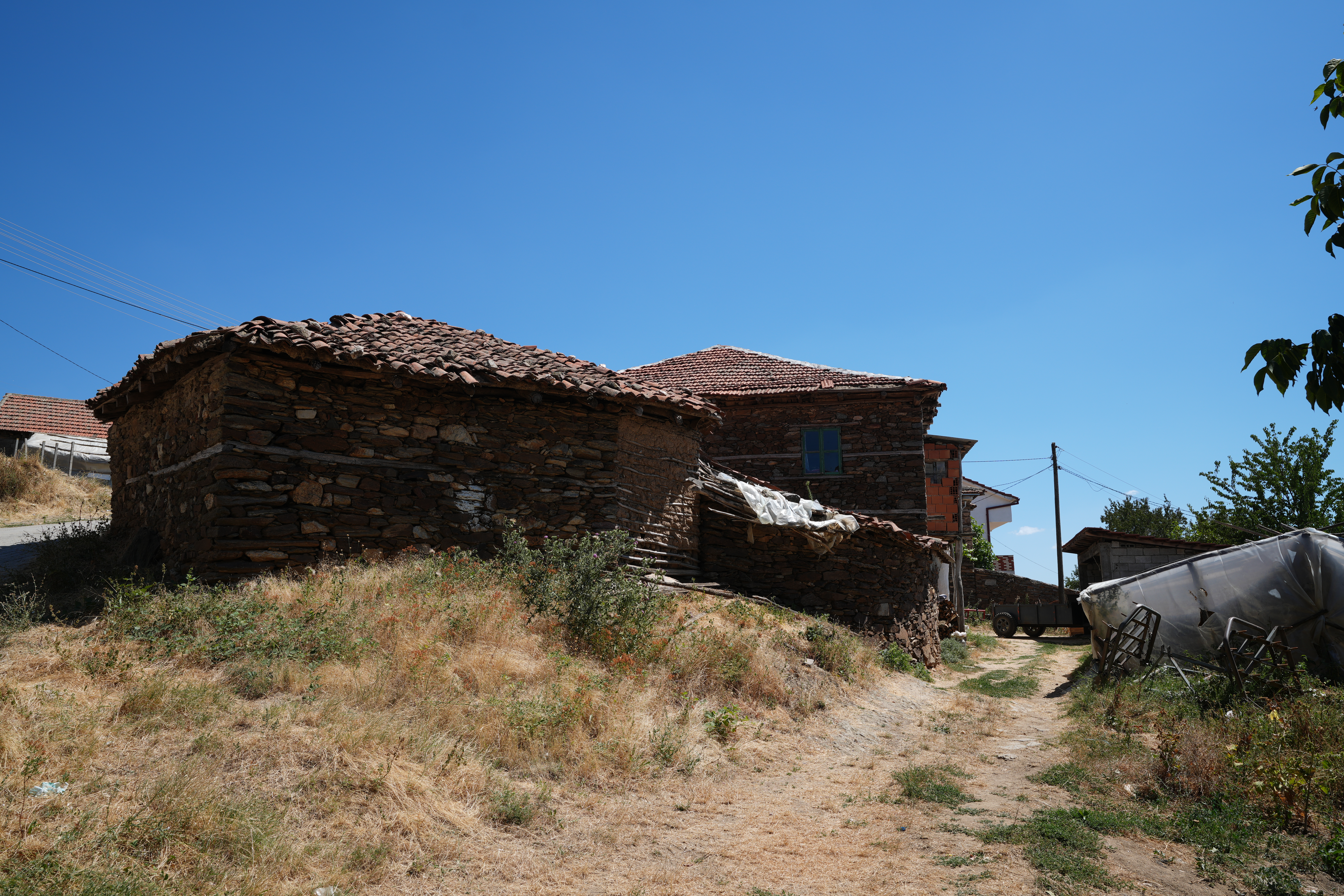
Strong focus on family, tradition
In their daily lives, Yoruks dress in colorful clothing known as “fistan,” and family remains central to their way of life.
Marriages outside of their community – particularly with Macedonians, Albanians, or Serbs – are discouraged, and they primarily make a living through agriculture and livestock farming.
‘People haven’t changed, but some traditions have’
Feyziye Demirova, a 69-year-old resident of Kocali village in eastern Macedonia, shared her perspective with Anadolu Agency. Born and raised in North Macedonia, she expressed a deep connection to her land: “We live here, we are farmers. If it rains, we are blessed. If not, we make do with what we get. For that, we are always grateful.”
Despite being deeply rooted in the Balkans, Demirova drew an analogy, saying: “Like a caged pigeon that calls out for its homeland, we are Balkan folk. Even if we were locked in Istanbul, we couldn’t stay there. We’re used to these lands.”
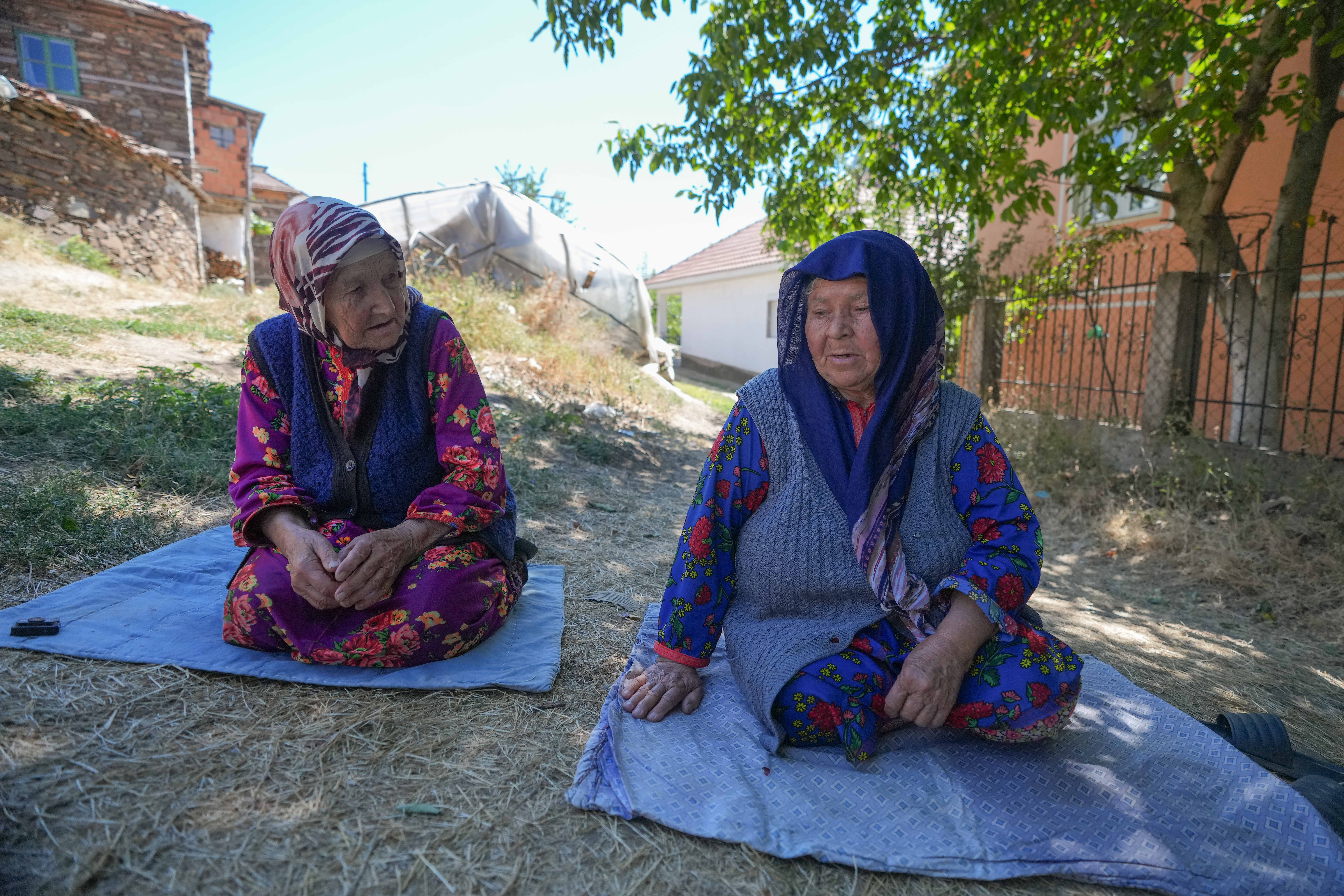
Demirova explained that for nearly 30 years, their community has imported fabric for their colorful garments from Eminonu, a neighborhood in Istanbul.
These clothes, worn by both the young and old, are favored for their comfort.
She also reflected on how some wedding traditions have evolved: “People haven’t changed, but some customs have. Matchmaking is the same as it was before, but weddings used to feature drums and zurnas.”
“Today, music is different, but our traditions and attire remain the same. We still dress brides in our regional garments – shirts, trousers, cardigans, hats, scarves, and the fitta. These customs haven’t disappeared, though some rituals like gift exchanges have faded,” she added.
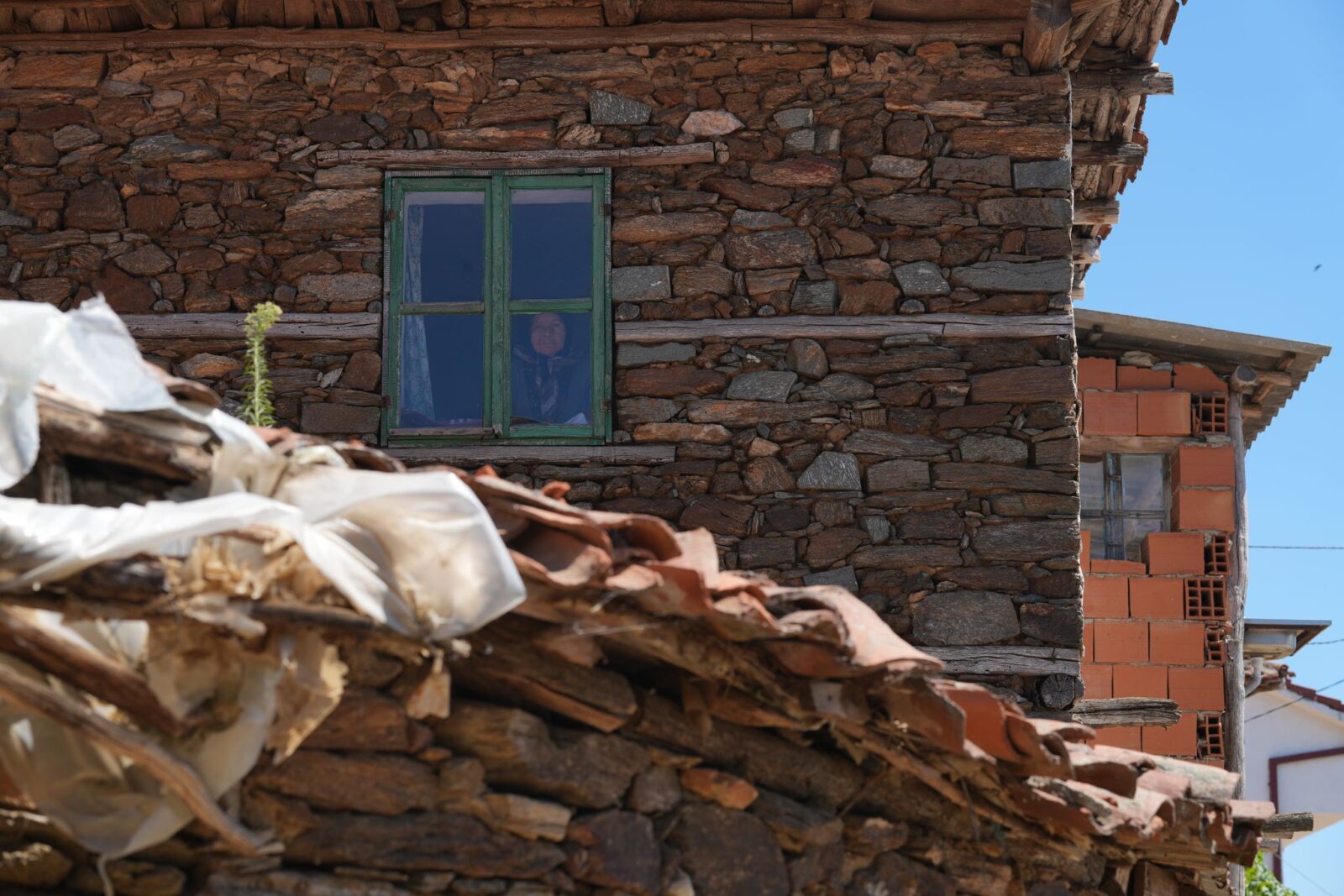
Traditional values, love for Türkiye
Although they’ve lived in North Macedonia for generations, many Yoruks, including Demirova, do not speak Macedonian.
“We don’t know Macedonian. We can only read and write in Turkish. We learn about what’s happening in Macedonia from Turkish TV channels. We watch all Turkish series and never miss MasterChef. We learn new recipes from the show,” she said.
‘Some wedding customs vanished, but our heritage remains’
Another resident, 80-year-old Fatime Amedova, recalled the past, saying traditional dishes like keskek, borek and helva were prepared for weddings, a custom still alive today. She added that soups and beans are also served at these events.
Ayse Derviseva, 86, remembered a time when wedding celebrations lasted for an entire week.
“We used to start the week by applying henna to the bride on Monday. On Wednesday, the town came alive with drums, and the henna night took place at home.”
“On Thursday, we’d ride horses to bring the bride to the groom’s home. The festivities would continue with music, as relatives visited the bride’s mother-in-law. In the past, we would also showcase dowries, but today, that custom is gone,” Derviseva added.
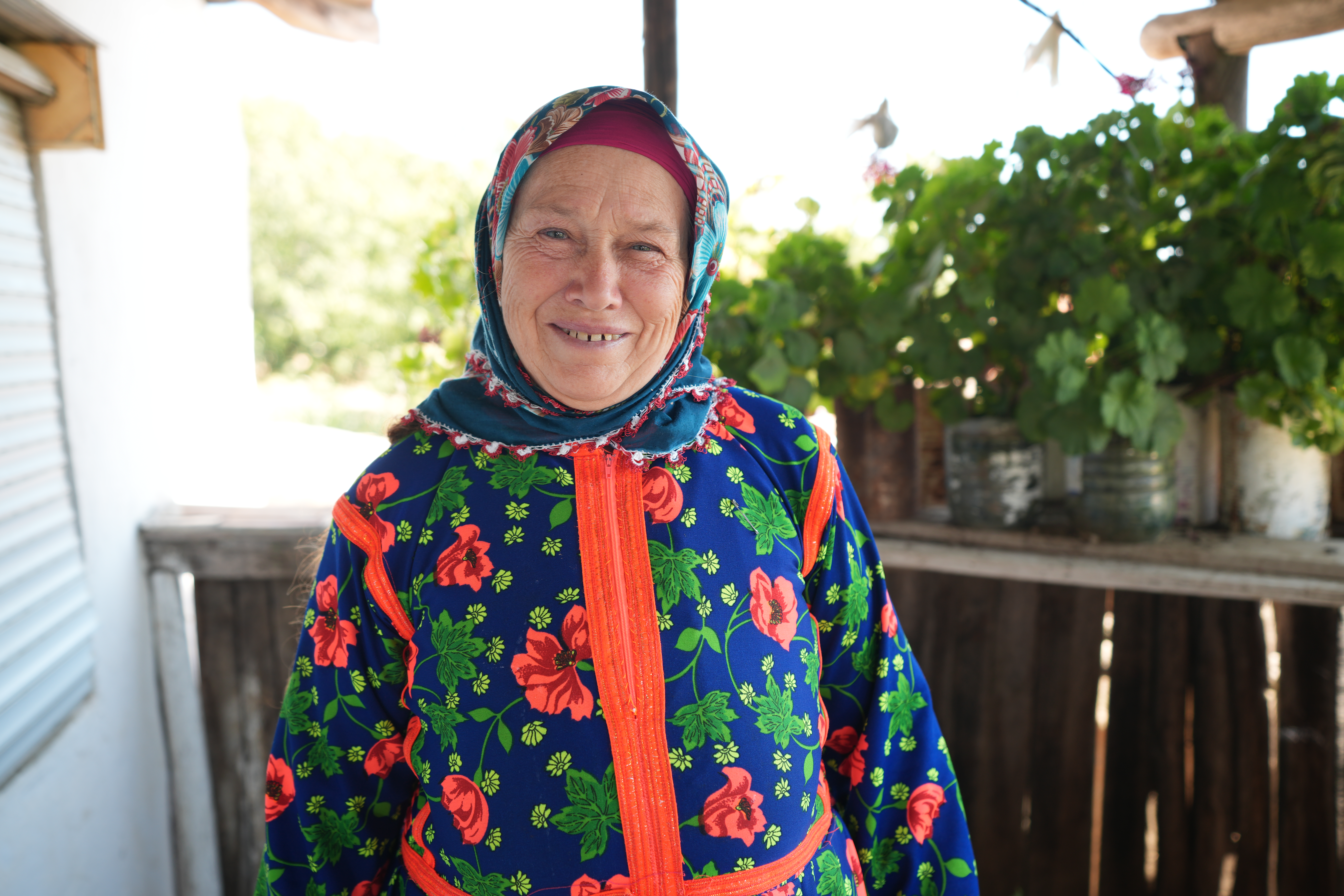
Türkiye: A pillar of support for Nomadic Turkish community in Macedonia
Mumin Aliov, a 92-year-old from Alikoc village, expressed his gratitude to Türkiye and its support through the Turkish Cooperation and Coordination Agency (TIKA).
“Türkiye is our foundation. Without Türkiye, life here would be much harder. Türkiye is our right hand, our father,” he said, emphasizing the strong ties between the Yoruks and their ancestral homeland.
Aliov, who has lived in Macedonia for five generations, shared that his daughters and grandchildren still reside in the country, but their love for Türkiye remains strong.
This enduring connection between the Yoruks and Türkiye has allowed them to continue living in North Macedonia while preserving their cultural identity and traditions for centuries.


